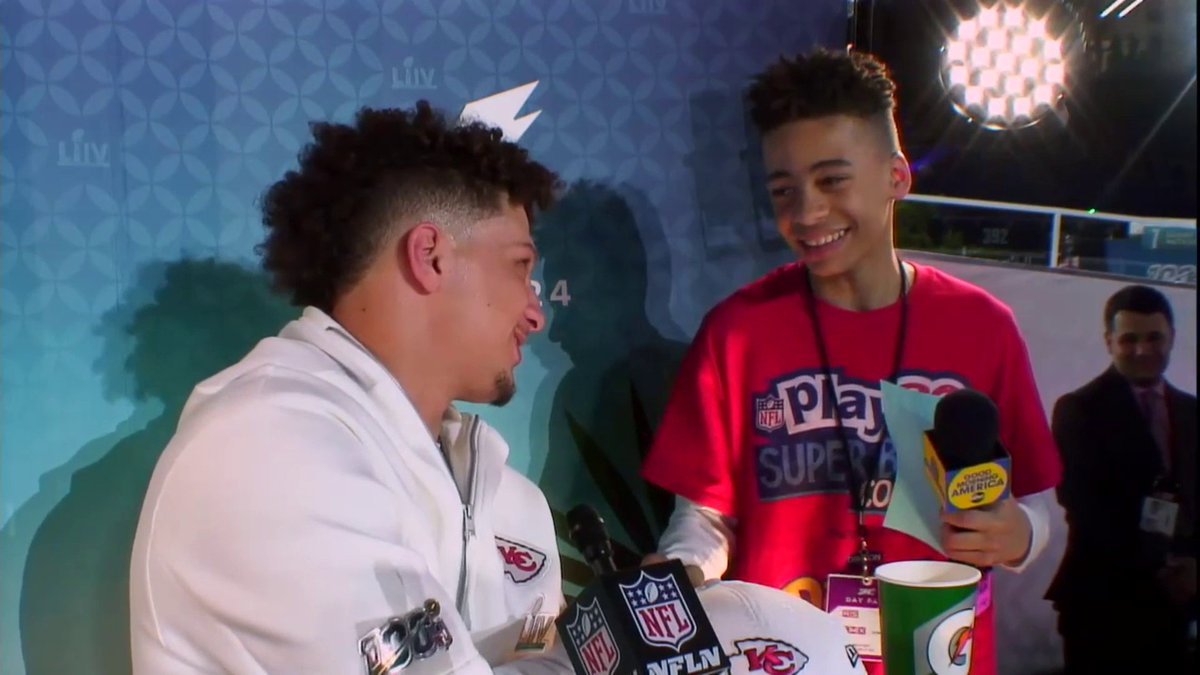

Its main advantage is that no money is spent on making copies to sell.

Boring, but Practical: The two drawbacks of doing a digital-only release of a single is that less money is made per sale and nobody will be buying a second copy.Blackmail: It wouldn't be a proper game about running a talent agency if the player didn't need to deal with at least one case of "pay me or I'm publishing a compromising photo of one of your idols.".The agency having reached baseline financial sustainability by the time such events happen is entirely optional. During many events directly involving an idol, the option that will make everyone happy involves spending a large sum of money. Being Good Sucks: Doing the right thing isn't always financially sustainable, with the "right thing" sometimes being as basic as paying the idols proper salaries.The first scene showing the group has its own theme music that carries onto Chapter 4's title card, then the agency overview screen (which usually has its own background music) until the player has played through all of Chapter 4's main story events. Background Music Override: The transition from Chapter 3 to Chapter 4 is marked by the release of the first video by the Phantasm Facade group.
IDOL MANAGER BULLYING TV
Both in terms of finances and the health of the idols, the sole TV show required by the game's objectives is best cancelled as soon as possible. TV shows also require more physical stamina from the idol(s) running them (90 points once a week, when a single completely rested idol has 100) than radio (30 points) or Internet shows (60 points). They may bring in many fans, but remain massive money sinks in circumstances where a radio or Internet show with the same components will be bringing in enough of a profit to pay for the salaries of a bare-bones agency. Awesome, but Impractical: In-house TV shows.

All other cases of rising costs for running the agency can be explained by non-idol employees getting more pay as they get more qualified, a policy of regular automatic pay increases for the idols and having to pay more rent as the agency is expanded.


 0 kommentar(er)
0 kommentar(er)
